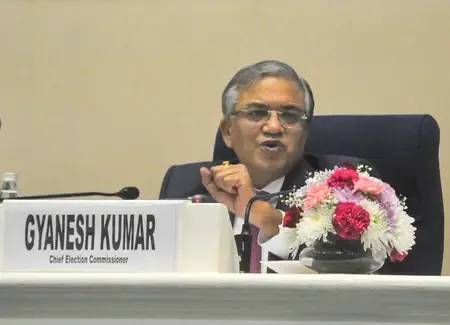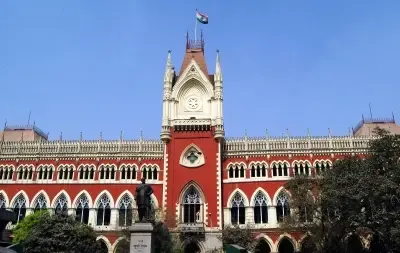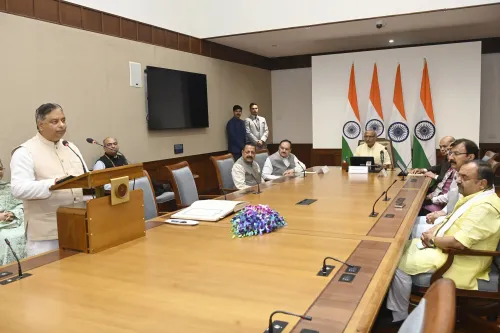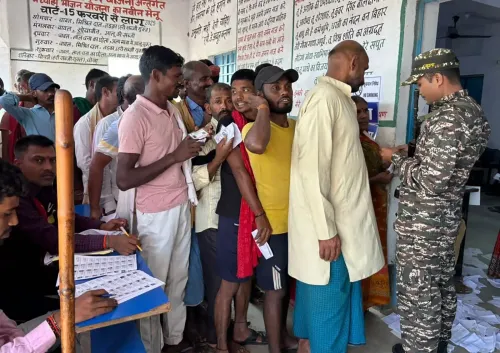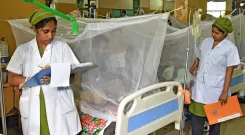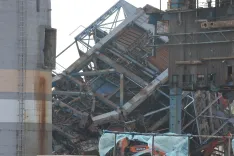Is There a 'Nationwide Public Health Emergency' Due to Rising Air Pollution in India?

Synopsis
Key Takeaways
- The PIL highlights a national public health crisis driven by air pollution.
- Over 1.4 billion people are daily exposed to hazardous air quality.
- Current monitoring and enforcement of air quality standards are inadequate.
- The petition calls for urgent judicial intervention and systemic policy changes.
- Health risks from pollution affect all citizens, undermining wellness initiatives.
New Delhi, Nov 6 (NationPress) A public interest litigation (PIL) has been submitted to the Supreme Court, calling for immediate judicial action regarding the "nationwide public health emergency" stemming from the alarming increase in air pollution throughout India.
The petition, initiated by wellness advocate and Fit India Movement supporter Luke Christopher Countinho, asserts that despite a robust legal framework and continuous policy declarations, air quality in both rural and urban areas remains consistently poor, hazardous, and in violation of the fundamental right to life.
"The situation has escalated to a level where over 1.4 billion citizens are forced to breathe toxic air daily — a clear violation of Article 21," the plea emphasizes.
The writ petition points out that annual averages of PM2.5 and PM10 in prominent cities like Delhi, Mumbai, Lucknow, Kolkata, Chennai, and Patna frequently surpass the permissible limits established by the National Ambient Air Quality Standards (NAAQS), as mandated by the Central Pollution Control Board under the Environment (Protection) Act, 1986.
It also highlights that PM2.5 concentrations are recorded at approximately 105 micrograms/cubic meter, nearly 20 times the WHO's advised safe limit of 5 micrograms/cubic meter.
"This ongoing and systemic failure exists despite the Air Act, the Environment Protection Act, the National Clean Air Programme (2019), and various regulatory authorities, including the Commission for Air Quality Management,
the petition argues, noting that monitoring infrastructure is insufficient and enforcement remains weak, fragmented, and largely symbolic.
"Air pollution is no longer just an environmental concern — it has evolved into a rapidly expanding industrial and policy sector, highlighting both the depth of the crisis and the potential for systemic change," asserts the petition.
It argues that even individuals who adopt wellness practices focused on yoga, nutrition, and lifestyle changes are denied access to clean air, undermining national health strategies and putting millions at risk of severe respiratory, cardiovascular, and neurological challenges.
The PIL urges the Supreme Court to issue time-sensitive directives aimed at ensuring a meaningful decrease in ambient air pollution, enhancing the nation’s monitoring infrastructure with adequate coverage in both urban and rural areas, and effectively implementing the Air Act along with other environmental regulations.

